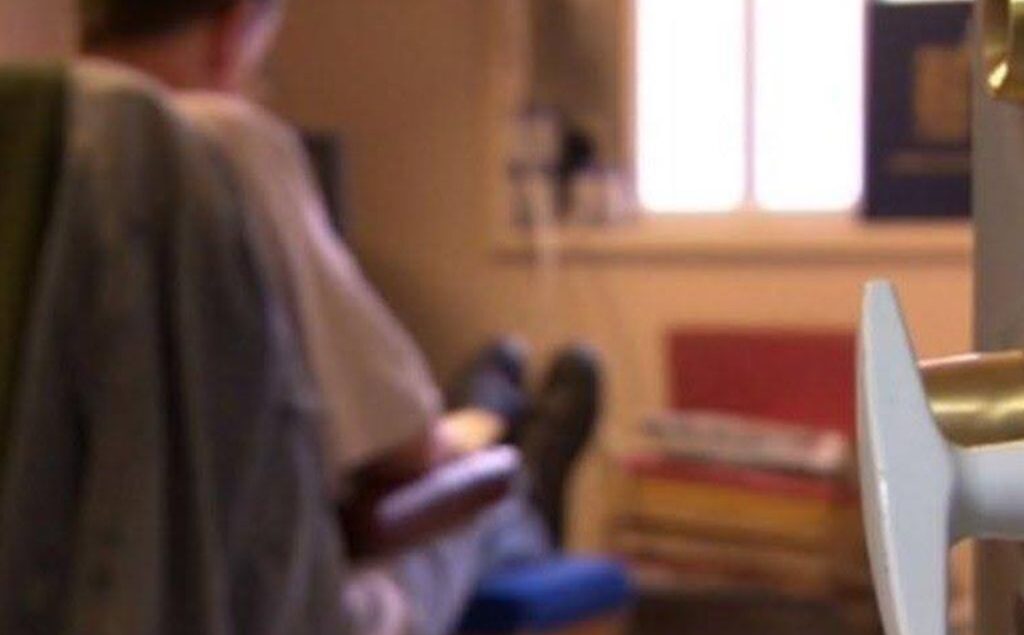Telegraph Review of File on 4 investigates.. Sex Offenders: The Long Way Back
From Chris Bennion in the Telegraph:
The very best spoken-word radio does not slide effortlessly into one ear and out the other. It causes you to question and re-evaluate your own seemingly fixed ideas. Sex Offenders: The Long Way Back (Radio 4, Tuesday) offered a quietly revolutionary, gently provoking 37 minutes of radio.
Hearing phrases such as “We’re a safe space for people with sexual offence convictions”, or listening to a paedophile describe his feeling as “an impossible love” and talk about how he learnt to love himself again (while remaining, albeit reluctantly, a paedophile) is disquieting. Yet the programme, hosted by Alison Holt, the BBC’s Social Affairs Editor, presented these things squarely at the listeners’ feet.
Why should sexual offenders who have served their prison sentences not have a space to feel safe? Why should a paedophile who is acknowledging the enormity and horror of his own (unacted upon) impulses not learn to have dignity and self-respect? Holt took us right into that bramble patch and left us to find our own way out.
Her subject was the Safer Living Foundation, a charity that runs a centre in Nottingham that works to reintegrate sex offenders into the community. The man who runs it, David Potter, understands why even that simple sentence will raise the hackles of many.
“We never pretend that sexual offending doesn’t destroy lives,” he told Holt, “but I’ll do whatever it takes to stop reoffending. And by treating people with decency… that reduces further offending.”
Few of us would be delighted to have a sexual offender living next door to us or working alongside us, yet Potter pointed out that rates of recidivism are 10 per cent, lower than any other crime. Among the users of his centre, Potter has reduced that to 2 per cent.
It was moving to hear, anonymously, from some of the men at the centre, most of whom have lost their lives, their jobs, their friends and families. It made my brain do somersaults. As a society, we acknowledge that people who have paid the price for their crimes deserve a second chance, yet we struggle with those who have committed sexual offences.
“Pretty much every week, someone from an agency will say to me, ‘If you’ve got someone who has murdered someone, I can get them a job tomorrow,’” said Potter. “Someone who’s got a sexual offence conviction? No chance.” Not even the saintly Timpson, the shoe repair company that famously employs ex-offenders, touch those with sexual offence histories. James Timpson, who is now the prisons minister, says it’s “a problem they haven’t worked out yet”.
Potter pointed out that all the men who come to his centre admit their crimes, want to change and need support. Alcoholics and drug addicts can access networks of support where they can be surrounded by people who have been through the same struggles. Sexual offenders, however, are not even supposed to fraternise with another sexual offender. Even if your heart did not bleed for these men, most of whom suffered from mental health conditions, the stark fact is that isolation and dislocation are not going to reduce reoffending.
Yet the programme ended with a kicker. Funding for Potter’s centre dried up and it has closed, with few wanting to be associated with it. The foundation’s other service, an online support system for those who are concerned about their own sexual thoughts (and which had a 12-month waiting list), has folded too. And so these men, marked by society as lower than murderers, with no friends or family to turn to, have their one crutch taken away. Potter’s 2 per cent will presumably go back up to 10 per cent.
There is no easy answer but our collective squeamishness about sexual offenders is little more than sticking our heads in the sand. Holt’s programme should be the start of a wider conversation, but it feels like a topic no one wants to touch..

